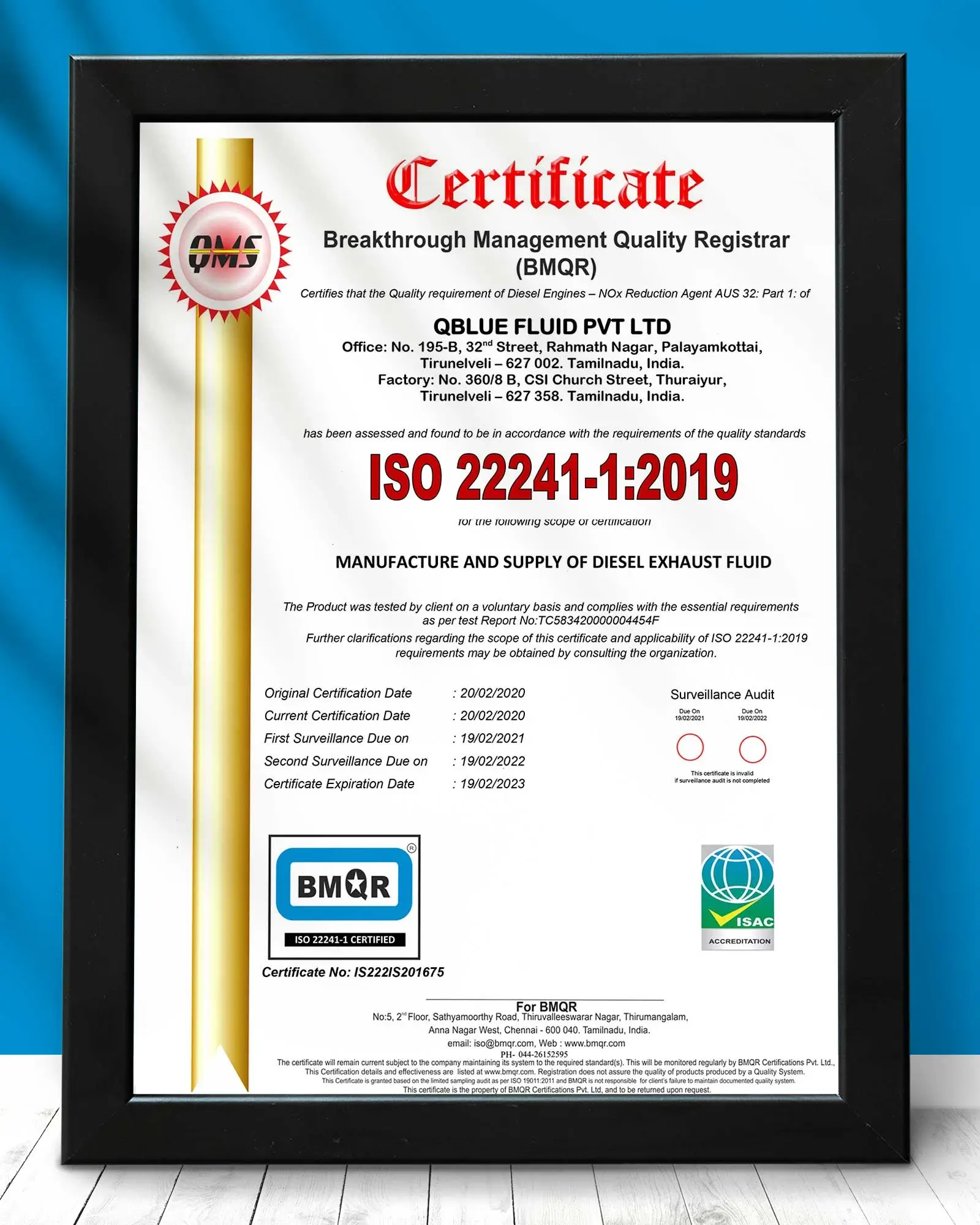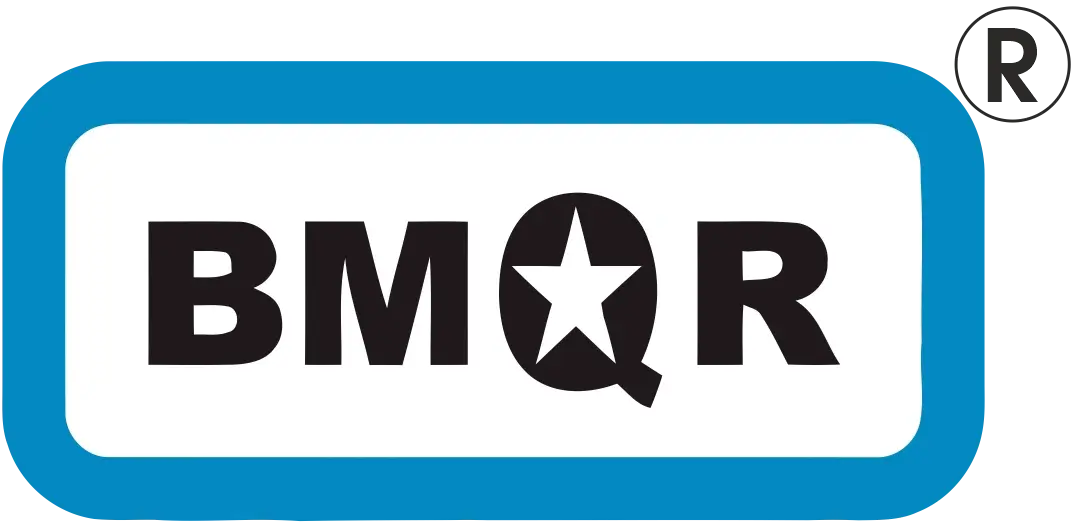International Standards for Diesel Exhaust Fluid:
ISO 22241 sets the benchmark for the quality and handling of Diesel Exhaust Fluid (DEF) used in Selective Catalytic Reduction (SCR) systems. This standard is essential for ensuring the effective reduction of harmful emissions from diesel engines, thereby contributing to environmental protection and sustainable practices. It establishes a globally recognized framework that ensures the integrity and reliability of DEF, enabling manufacturers and users to uphold the highest quality standards in the automotive industry.
Quality Requirements:
ISO 22241-1 outlines the specifications for DEF in terms of its composition, handling, transportation, storage, and refilling systems. This section defines the stringent quality parameters that DEF must meet to ensure the optimal performance of SCR systems and compliance with emission regulations.
Handling, Transportation, and Storage:
ISO 22241-2 defines the comprehensive testing procedures for assessing the purity and composition of DEF. These methods are designed to accurately evaluate the key chemical properties and impurity levels of DEF, facilitating efficient quality control processes for manufacturers and users.

Refilling Interface :
ISO 22241-4 establishes the standard for the refilling interface of SCR systems, ensuring compatibility and ease of use for operators and service personnel. This section aims to streamline the refilling process and enhance the overall user experience, promoting efficiency and reliability in the maintenance of SCR-equipped vehicles.
Benefits of Compliance with ISO 22241:
Environmental Sustainability: Contributes to the reduction of harmful nitrogen oxide (NOx) emissions, supporting global efforts to mitigate air pollution and improve air quality. Quality Assurance: Ensures the consistent and reliable performance of SCR systems by maintaining the purity and integrity of DEF. Global Compatibility: Facilitates international trade and harmonization by establishing uniform standards for DEF production, handling, and usage worldwide. Long-Term Cost Savings: Minimizes the risk of equipment damage and costly repairs, leading to enhanced operational efficiency and extended vehicle lifespan.






